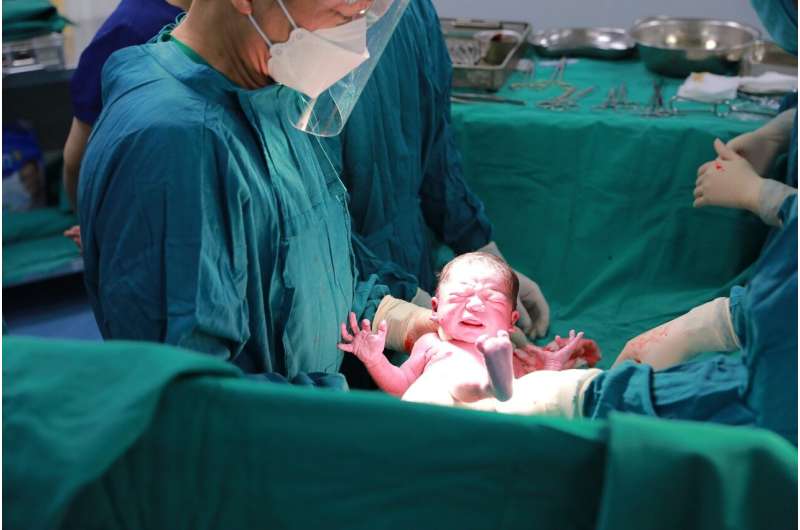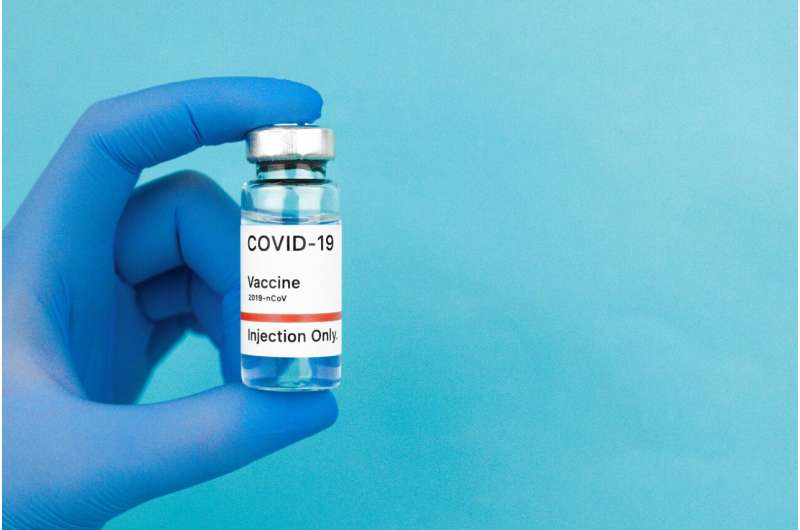Evaluating Major Surgical Risks in Cesarean Deliveries

A new study developed a method to accurately track severe surgical complications in cesarean deliveries, identifying key risk factors and paving the way for improved maternal safety.
Cesarean sections are the most frequently performed inpatient surgeries in the United States, but they inherently carry significant surgical risks. These include damage to blood vessels, internal organs, soft tissues, and nerves, which can lead to serious maternal health complications or even maternal mortality. Despite the high prevalence of cesarean deliveries—around 1.1 million annually in the U.S.—research on the specific surgical complications has historically been limited and often conflated with other anesthetic or medical issues, making it difficult to accurately assess true surgical risks.
To address this gap, researchers at the University of California, San Francisco, developed a novel, population-based method to identify and monitor severe surgical complications specifically related to cesarean procedures. They applied this measure to analyze data from nearly 600,000 births in California between 2016 and 2021, revealing that approximately 1 in 60 cesarean deliveries involve a serious surgical complication. Risks were notably higher in cases where labor had already begun (intrapartum cesarean) or in patients with placenta accreta—a condition where the placenta embeds too deeply into the uterine wall.
This study highlights that severe surgical issues are a significant concern, especially among complex cases like placenta accreta spectrum disorders, which are associated with significant bleeding and surgical difficulty. Other risk factors included placenta previa and chorioamnionitis, both of which increase surgical complexity and complication likelihood.
The researchers emphasize that their new measure, which utilizes routinely collected hospital claims data, can serve as a valuable tool for monitoring and improving the quality of obstetric surgical care across hospitals. By isolating true surgical complications, healthcare providers can better understand risks and implement strategies to reduce maternal morbidity associated with cesarean deliveries.
This comprehensive, retrospective study underscores the importance of systematic evaluation and targeted interventions to enhance surgical safety for mothers undergoing cesarean sections.
Stay Updated with Mia's Feed
Get the latest health & wellness insights delivered straight to your inbox.
Related Articles
Swedish Research Highlights Insufficient COVID-19 Vaccine Information for New Immigrants During Pandemic
A Lund University study uncovers significant gaps in COVID-19 vaccine information for new immigrants in Sweden, highlighting challenges in communication, accessibility, and administrative barriers during the pandemic.
Exposure to Mold Toxins During Pregnancy May Reduce Birth Weight via Placental Impact
Exposure to mold toxins like zearalenone during pregnancy may impair placental function, leading to lower birth weights. New research emphasizes the importance of awareness and dietary management to protect fetal development.
Enhancing Family Engagement on Firearm Safety in Emergency Departments Through Quality Improvement Measures
A quality improvement initiative in pediatric emergency departments significantly increased firearm safety discussions and resource distribution to families, aiming to reduce youth firearm injuries and deaths. The program standardized firearm safety questions in EMRs and promoted safe storage practices.



